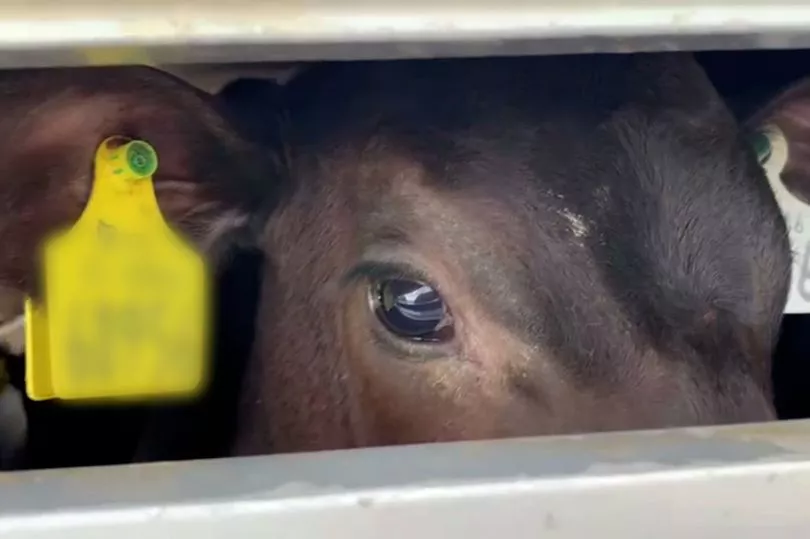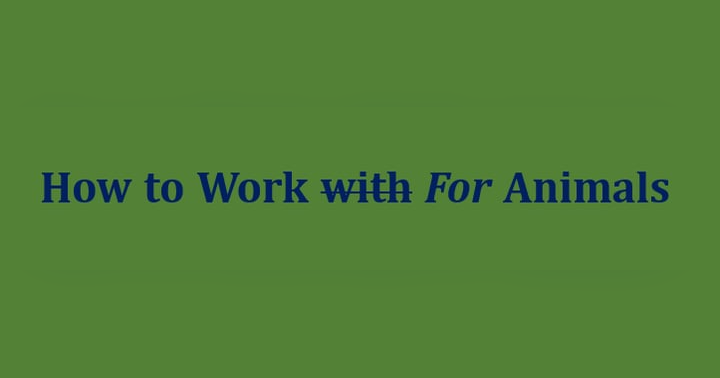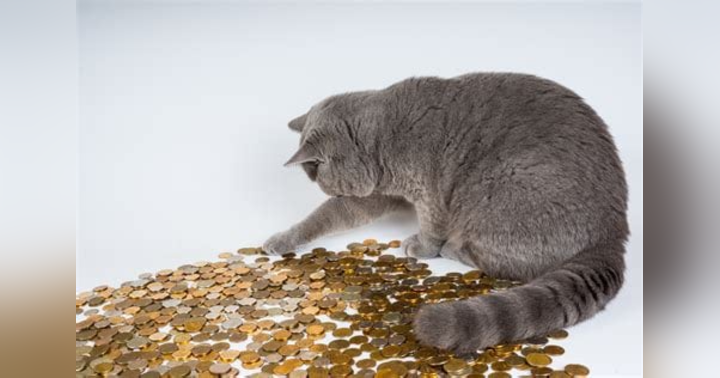Dairy's Dirty Secret revealed by RTE Investigation.

People often wonder why vegans won’t touch dairy. It doesn’t hurt the cow to be milked, the reasoning goes, what could be the objection?
The RTE Investigates programme, Milking It: Dairy’s Dirty Secret reveals much that is objectionable, as well as downright shocking and upsetting to viewers who may not have thought about the subject in any great detail before.
In order for a cow to produce milk, she must have a calf. If that calf is female, she is kept to become another dairy cow but if male, he is only considered to have commodity value as an export. The programme follows the journey of these young male calves – only weeks old – and exposes serious animal welfare breaches at marts and in the trucks and ferries that take them abroad to veal farms.
It’s painful to watch, with tiny animals being hit, crushed and thrown bodily through the air. But as campaigners often say: the animals are living it, the least you can do is see it happening. (You can watch here on RTE player).
The programme generated an immediate response from the public and politicians alike; one of shock, dismay and condemnation. It is clear that animal welfare laws need to be enforced, with serious consequences for breaches.
No one is more familiar with these laws - and regular breaches of them - than Caroline Rowley of Ethical Farming Ireland. For years the group has been monitoring the live export trade and speaking out against the harsh conditions that these animals endure. A quote from their website states: We have repeatedly submitted complaints about this over the years, to the Irish authorities and the EU Commission, as have many other NGOs, but they have been ignored.
Supporters of the group also write regularly to TDs and MEPS only to receive ‘cut and paste’ responses like the following:
Let me assure you that the Department deploys considerable resources to protecting animal welfare. Since the primary European legislation in this area of livestock trade came into force in 2005, Ireland has a proven record of continuing improvement, and has implemented a significant number of evidence-based measures, to further protect animal welfare.
In response to the RTE programme the Minister for Agriculture, Charlie McConalogue, said he strongly condemned what he described as, ‘the shocking practices’ and said they were certainly not reflective of the care that Irish farmers provide for their animals.
However, the Minister’s absence was noticeable during the RTE Primetime discussion of the programme. Social Democrats leader, Holly Cairns, said it was astounding that neither the Agriculture Minister, nor any of the relevant junior ministers nor anybody else from government was there alongside her.
Peter Hynes, a dairy farmer - who appeared on the Dairy’s Dirty Secret programme - agrees that the politicians who are supposed to represent farmers were not there to defend them.
This should come as no surprise, according to Fiona O’Connell, a journalist who writes regularly on the topic: Yet despite their brass-necked attempts to appear appalled, none of this is news to the dairy industry or politicians like the Irish MEPs who voted last year to continue the live exports of calves, for animal welfare groups regularly send them footage.
Perhaps the public knows more than politicians give them credit for, especially those who live near Irish ports and often approach protesters to confide how they shut their windows tight on the days that truckloads of bawling calves are due.
Regarding the inadequacies and breaches in the system that were exposed in the RTE programme, the Minister for Agriculture said; “A Department of Agriculture Investigation has already commenced and will be vigorously pursued.”
Something else being vigorously pursued are the legal proceedings that EFI launched against the state in relation to calf export. Proceedings began in July 2022 and it is hoped that a court date will be set soon after Oct 2023.
We will be watching with interest.
For more details and information on all of the above, please check out these links.
Listen to Caroline speaking on the Animal Friendly podcast – recorded in May 2022.




